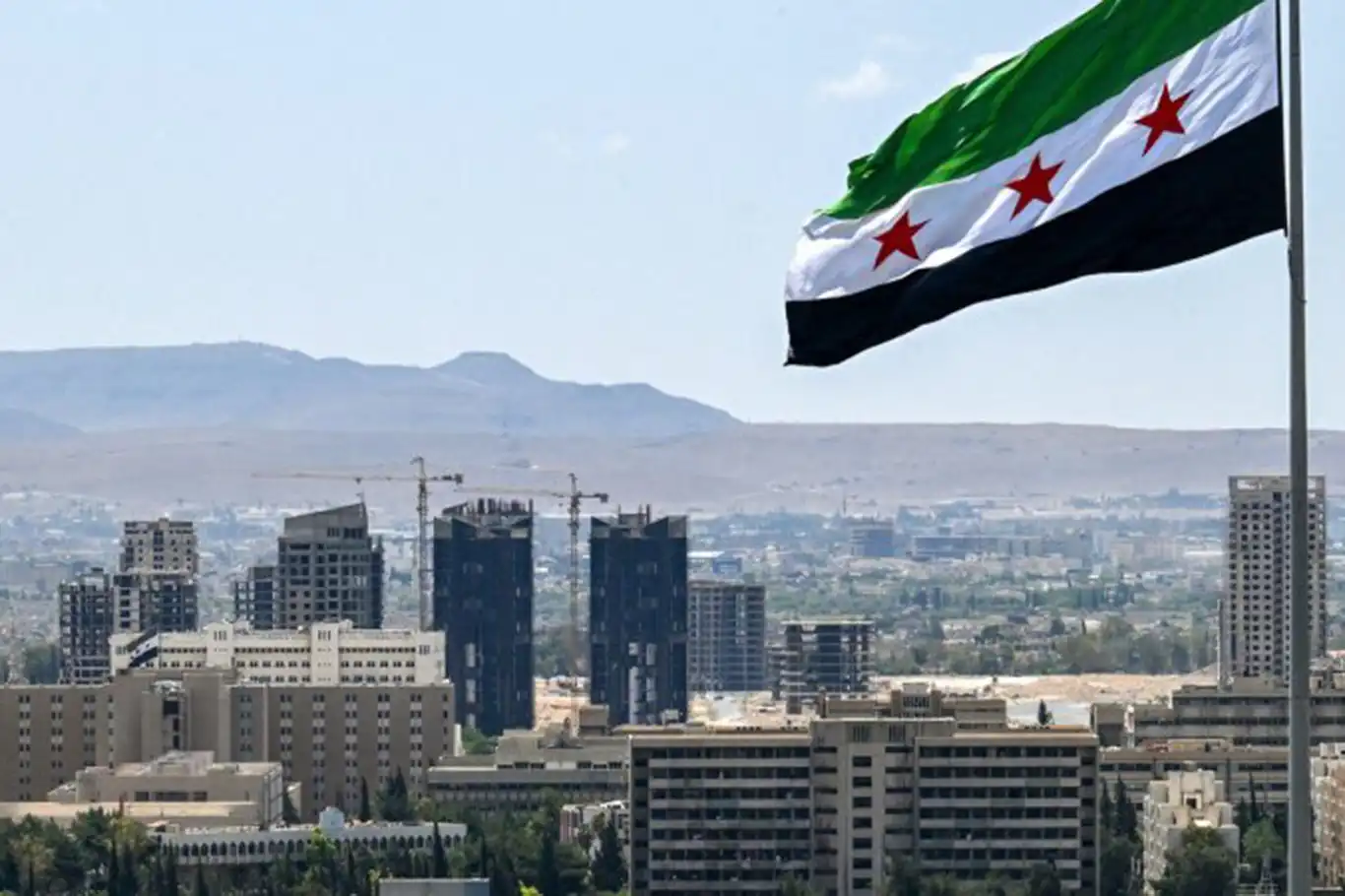U.S. suspends Caesar Act sanctions on Syria for 180 days


The United States has announced a temporary suspension of Caesar Act sanctions on Syria for 180 days, in a move signaling a significant recalibration of Washington’s policy toward Damascus.
The U.S. Department of the Treasury confirmed the decision on Monday through an advisory issued by the Office of Foreign Assets Control (OFAC), describing it as part of Washington’s “commitment to continued sanctions relief for Syria.” The new measure replaces a previous 180-day waiver that had been issued on May 23, extending and broadening exemptions from the punitive economic restrictions.
According to the Treasury’s announcement, the suspension halts the imposition of Caesar Act sanctions for most transactions involving Syrian entities — with key exceptions. The restrictions will remain in force for dealings that involve the governments of Russia or Iran, or transactions that include goods, technology, software, funds, financing, or services of Russian or Iranian origin.
The decision effectively opens limited space for international economic engagement and humanitarian operations in Syria, while maintaining barriers against Moscow and Tehran’s economic footprint in the country.
The suspension coincides with the historic visit of Syrian President Ahmad al-Sharaa to Washington, marking the first such high-level engagement between the two nations in over a decade. The visit is being viewed as a diplomatic milestone, signaling a potential thaw in U.S.–Syrian relations following years of isolation and sanctions.
Analysts say the timing of the sanctions relief indicates Washington’s willingness to encourage Syria’s reintegration into international diplomacy and reconstruction efforts, particularly after the political transition that followed the ousting of the former regime of Bashar al-Assad last December.
Enacted in 2019, the Caesar Syria Civilian Protection Act was designed to pressure the Assad regime through comprehensive sanctions that targeted government officials, financial institutions, and foreign companies conducting business with Damascus. The law severely restricted international investment and reconstruction efforts in post-war Syria.
Since its implementation, the Act has been a cornerstone of U.S. strategy in the region, aiming to deny resources to the Assad government while promoting accountability for human rights abuses.
The current suspension, while temporary, marks a major policy shift that could pave the way for broader U.S. engagement with the new Syrian administration and increased international participation in Syria’s rebuilding process.
Observers caution, however, that future extensions of sanctions relief will depend on Syria’s political and human rights trajectory, as well as its relations with Western allies and regional powers.
For now, the move reflects a measured step toward normalization — one that could reshape the economic and diplomatic landscape of post-war Syria after years of isolation. (ILKHA)
LEGAL WARNING: All rights of the published news, photos and videos are reserved by İlke Haber Ajansı Basın Yayın San. Trade A.Ş. Under no circumstances can all or part of the news, photos and videos be used without a written contract or subscription.
The Gaza Ministry of Health has warned of an unprecedented humanitarian disaster as essential medical supplies across the besieged Gaza Strip have virtually run out under Israel’s ongoing blockade.
Israeli occupation forces continued large-scale demolitions and artillery shelling in Khan Younis, in southern Gaza, amid ongoing violations of the ceasefire, local sources reported.
Türkiye’s Minister of Foreign Affairs Hakan Fidan held a high-level meeting with Hassan Sheikh Mohamud, President of the Federal Republic of Somalia, on the margins of the Doha Forum, diplomatic sources said.
The death toll from devastating floods, landslides, storms and cyclones across several Asian countries has climbed above 1,700, with hundreds of people still missing, as rescue teams race against time to reach isolated communities.